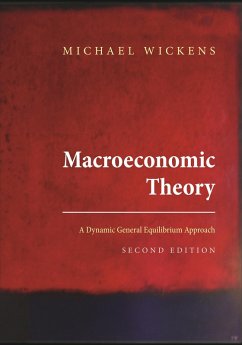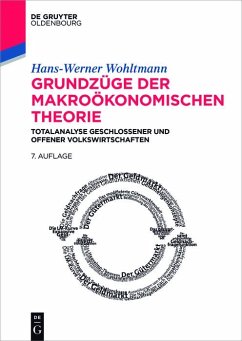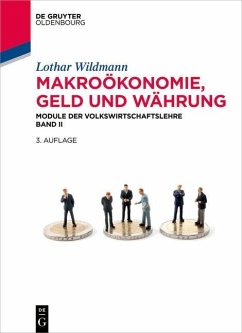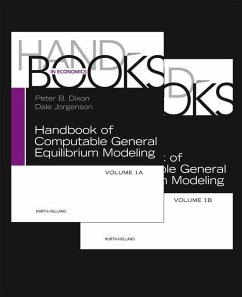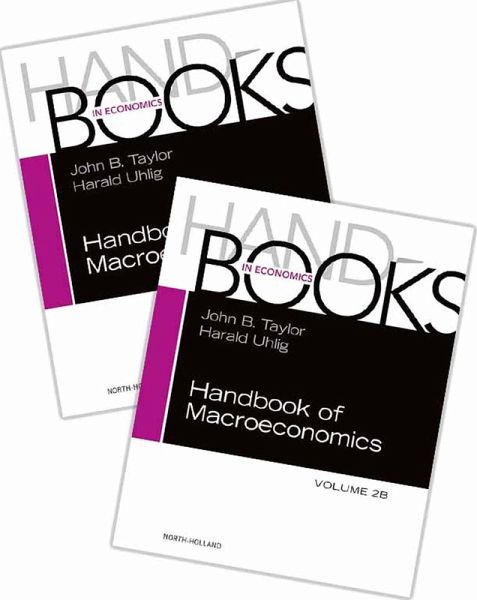
Handbook of Macroeconomics (eBook, ePUB)

PAYBACK Punkte
78 °P sammeln!
Handbook of Macroeconomics Volumes 2A and 2B surveys major advances in macroeconomic scholarship since the publication of Volume 1 (1999), carefully distinguishing between empirical, theoretical, methodological, and policy issues, including fiscal, monetary, and regulatory policies to deal with crises, unemployment, and economic growth. As this volume shows, macroeconomics has undergone a profound change since the publication of the last volume, due in no small part to the questions thrust into the spotlight by the worldwide financial crisis of 2008. With contributions from the world's leading...
Handbook of Macroeconomics Volumes 2A and 2B surveys major advances in macroeconomic scholarship since the publication of Volume 1 (1999), carefully distinguishing between empirical, theoretical, methodological, and policy issues, including fiscal, monetary, and regulatory policies to deal with crises, unemployment, and economic growth. As this volume shows, macroeconomics has undergone a profound change since the publication of the last volume, due in no small part to the questions thrust into the spotlight by the worldwide financial crisis of 2008. With contributions from the world's leading macroeconomists, its reevaluation of macroeconomic scholarship and assessment of its future constitute an investment worth making. - Serves a double role as a textbook for macroeconomics courses and as a gateway for students to the latest research - Acts as a one-of-a-kind resource as no major collections of macroeconomic essays have been published in the last decade - Builds upon Volume 1 by using its section headings to illustrate just how far macroeconomic thought has evolved
Dieser Download kann aus rechtlichen Gründen nur mit Rechnungsadresse in A, B, BG, CY, CZ, D, DK, EW, E, FIN, F, GR, HR, H, IRL, I, LT, L, LR, M, NL, PL, P, R, S, SLO, SK ausgeliefert werden.








